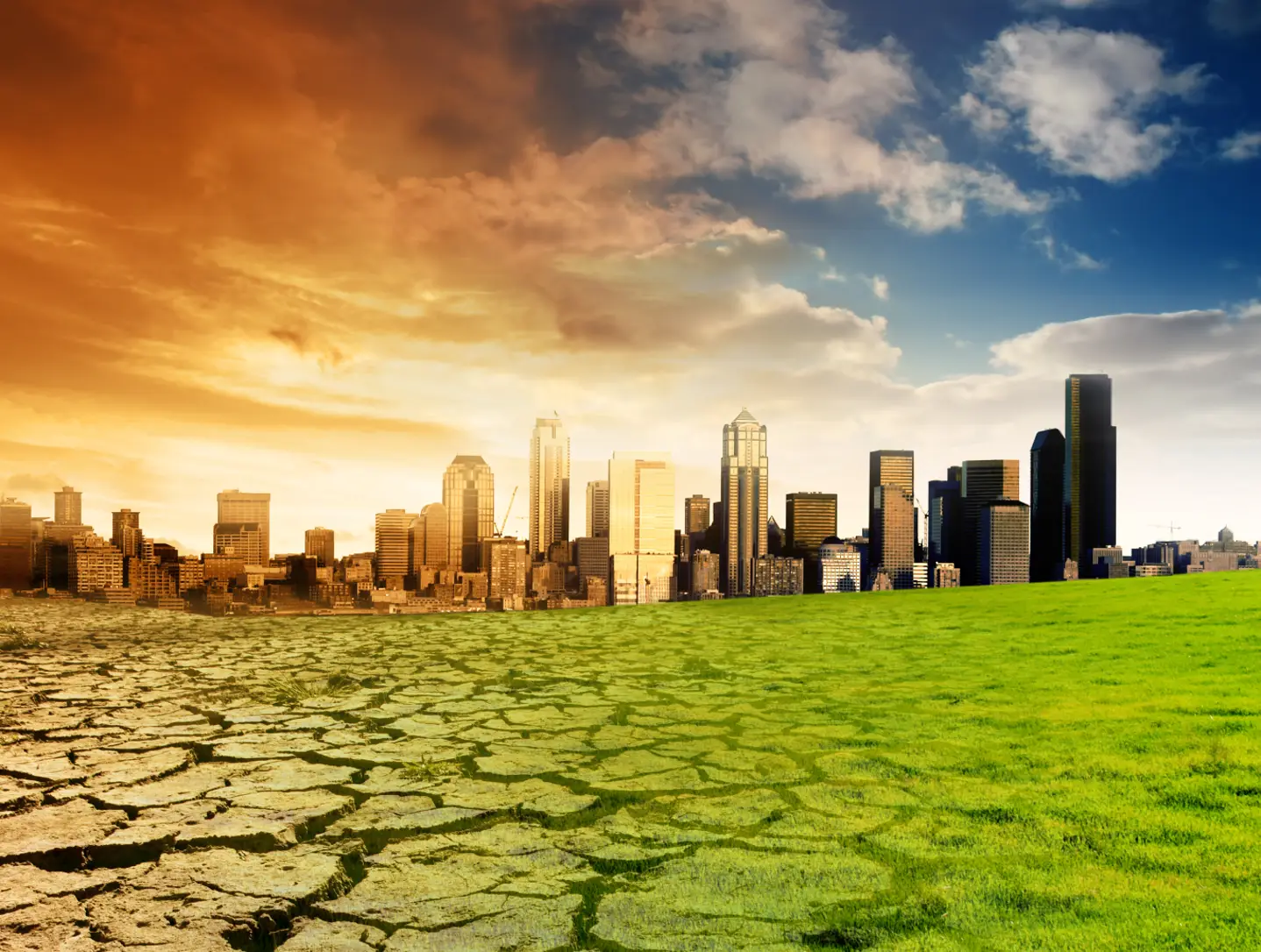Contextualizing the climate transition amidst global political uncertainties:
Recently, I had the opportunity to join the
Climate Trek to Washington DC organized by the Harvard Kennedy School CEEPIC
Club. During our two days in DC, we spoke with climate experts from various government
agencies, think tanks, and international organizations, where they shared their
latest views on U.S. climate policy and the broader climate transition globally.
Together with 30+ HKS students interested in climate policies, it was
refreshing to leave the academic environment in Cambridge/Boston temporarily
and interact with policy practitioners on the ground.
Throughout the trip, three shifts stood out to
me:
1.
Climate is no longer seen as an externality but a tool to build
diplomacy and competitiveness.
In my previous DC visits, climate
experts I interacted with viewed climate as one of the few areas where the US
and China could potentially collaborate under the current political regimes.
However, the sentiments I experienced this time around were drastically
different. It became clear that American policymakers now consider climate
leadership a critical component to great power competition and diplomacy. The
passage of the Inflation Reduction Act (IRA), which includes $369 billion of
climate spending, was seen by many as an inflection point to put the US on par
– or even above – Europe in becoming the frontrunner in the climate race. While
this shift could simulate significant domestic climate investments and create a
positive impact on decarbonization, it is also worrying how, to a certain
extent, “weaponizing” climate actions could move us further away from the most
efficient global equilibrium in tackling this climate crisis that transcends
across borders.
2.
Public climate investments are shifting toward building “end-to-end”
energy security.
We were fortunate to hear from David
Turk, Deputy Secretary of the Department of Energy (DOE), as well as leaders
across various DOE departments during our visit. The emphasis on energy
security was loud and clear at the DOE. Energy security, according to the
International Energy Agency (IEA), is traditionally defined as “the
uninterrupted availability of energy sources at an affordable price”. In the
past year, however, the Ukraine war has revealed the vulnerability of our
energy system and prompted policymakers to broaden the scope of energy
security. The DOE speakers consistently stressed the importance of securing
critical minerals stockpiles for an end-to-end energy supply chain that is
resilient to global supply disruption. With that, it was interesting to learn
about DOE’s investment strategy across the entire spectrum, from driving nascent
technology development through ARPA-E to bridging the bankability of newly
commercialized technologies through the Loan Program Office.
3.
How the Global South can transition effectively is still a largely
unanswered question.
We heard presentations from the International
Finance Corporation (IFC) and World Bank, and their approach of using blended
finance to de-risk investment is commendable. However, it still seems too little,
too slow in light of the urgency of the climate crisis. Research suggests that
developing and emerging countries will need $2-2.8 trillion in climate
investments by 2030, and our current financing mechanisms are far from enough
to effectively empower these nations in reaching their climate goals. International
organizations have contributed significantly to global development in the past
decades. However, are we reaching a point, where a fundamental paradigm shift
is required in these organizations to dramatically scale investments while
ensuring they are future-proof for both climate adaptation and mitigation? How
will the role of international organizations, many of which were created in the
post-war period and thrived under an era of globalization, be redefined in an
increasingly polarized world? While there are no easy answers, I was inspired
by how motivated the leaders we met on this trip were, and I was hopeful that
they will lead these organizations in continuing to innovate and adapt to meet
the needs of our rapidly changing world.
After two days in DC, I returned to Boston with
a renewed understanding of climate policymaking under the context of global
political uncertainty, and I definitely had more questions than answers that I
would like to further explore. Personally, it was also nice to reconnect with
many HKS friends and continually be inspired by their thoughtfulness and
dedication to accelerating climate transition in their respective careers. I
would like to thank the organizers – Karan, Louis, and Katrina – for putting together
an amazing itinerary packed with speakers from diverse backgrounds and
organizations!
Author: Grace
Lam, MBA/MPP Candidate at Harvard Business School & Harvard Kennedy School

Climate change
The energy sector is
central of efforts to
combat climate change

Climate change
In a hotter world energy
efficiency is more
important than ever
